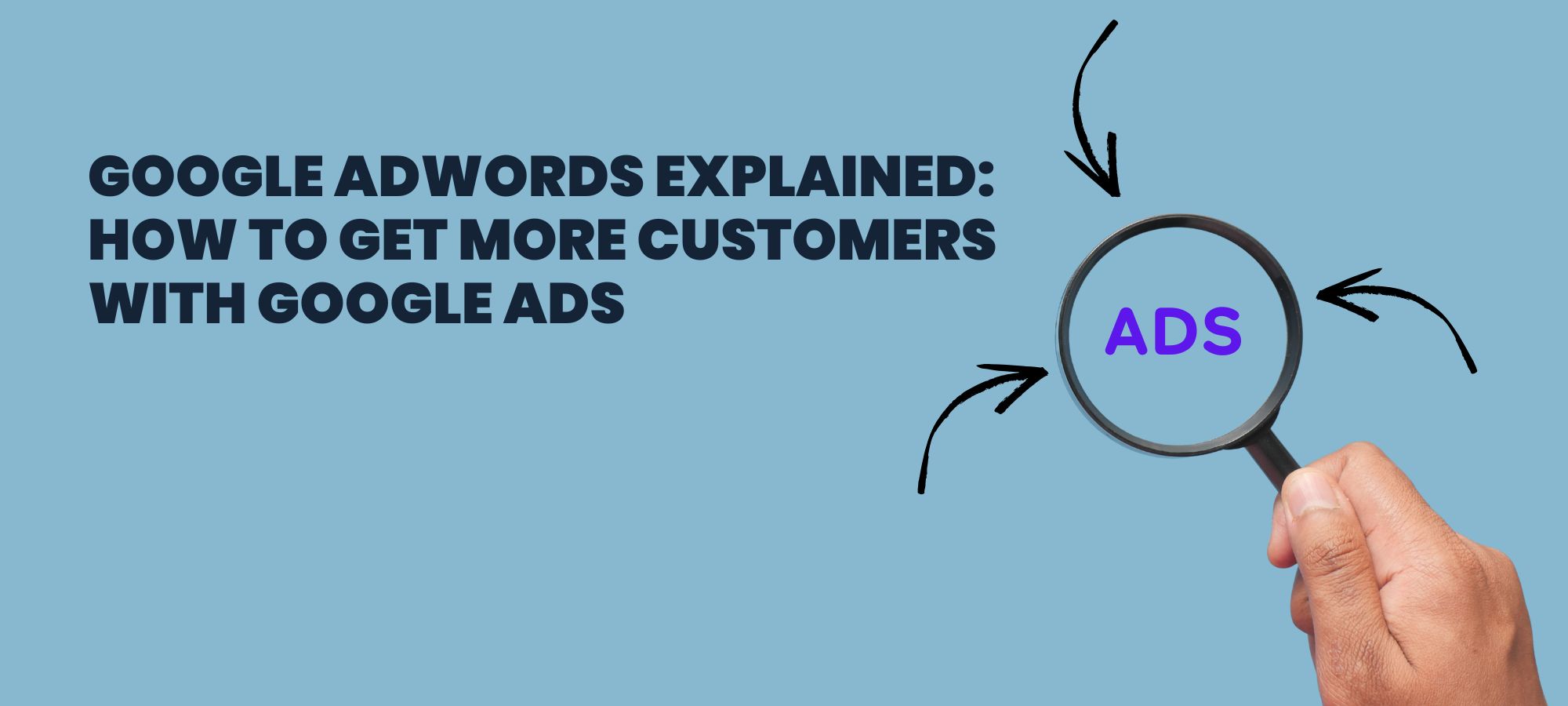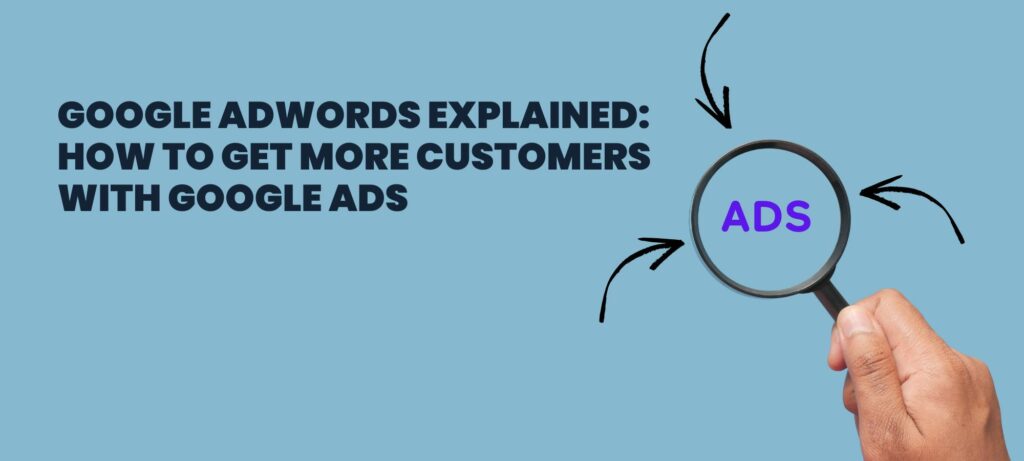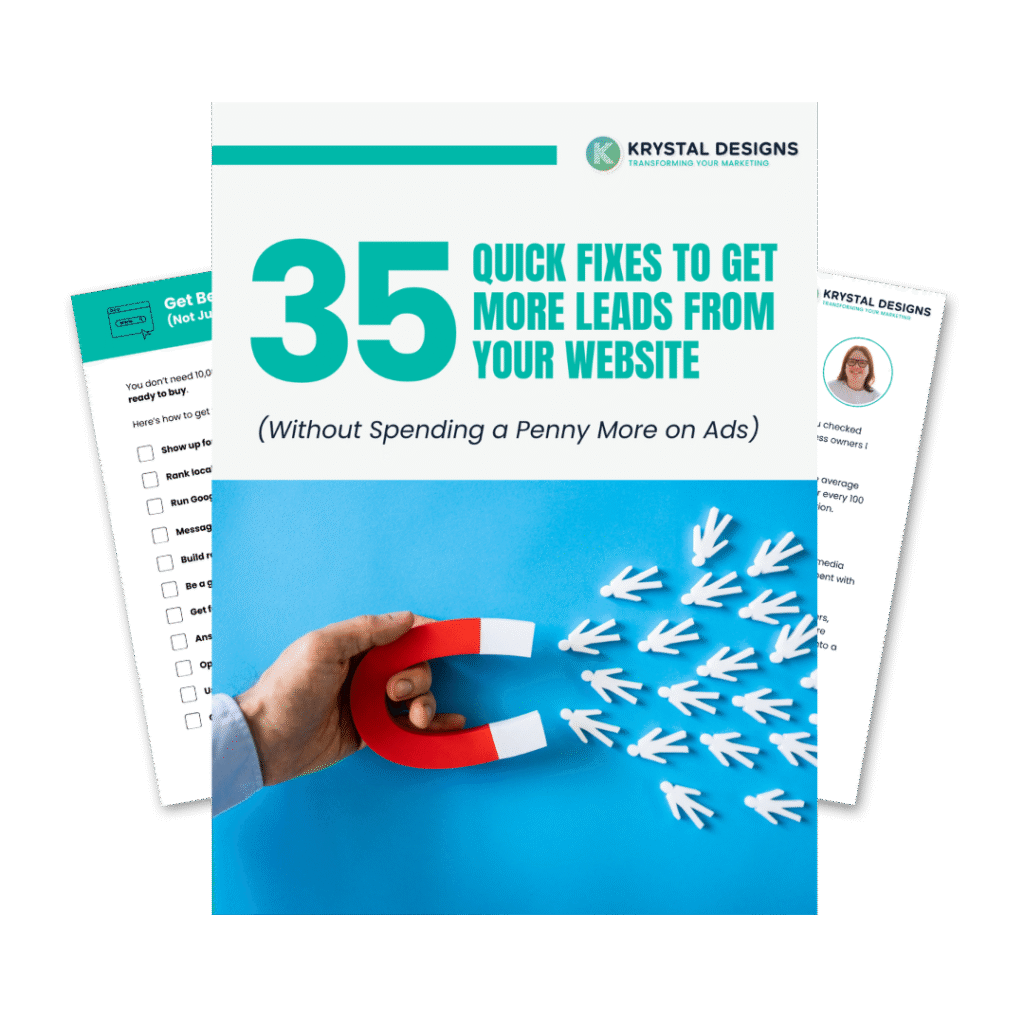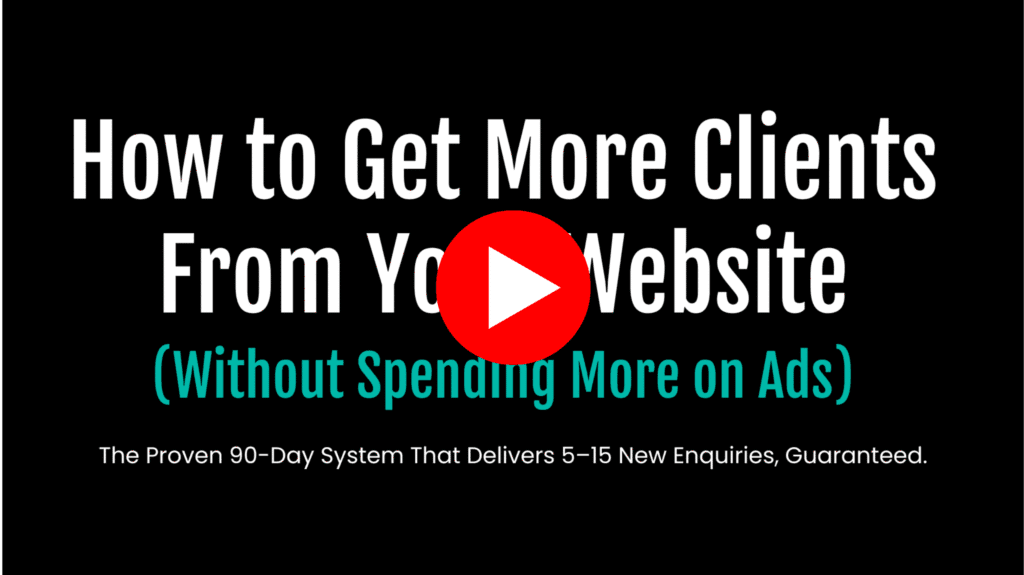Ever Googled something and noticed those ads at the top of your search results? That’s Google AdWords (though they’ve rebranded it as Google Ads now – but honestly, most of us still call it AdWords).
If you’ve ever felt like you’re throwing money at Google Ads with no idea what’s working—this guide is for you.
Breaking Down Google AdWords
So what exactly is it? In short, it’s Google’s advertising system that lets businesses place ads in Google search results and across websites that partner with Google.
The name might have changed to Google Ads back in 2018, but old habits die hard!
It works on a pay-per-click basis, which means – you guessed it – you only pay when someone actually clicks your ad. You pick keywords relevant to what you’re selling, create ads around those, and set how much you’re willing to spend.
When someone searches using your keywords, Google does this lightning-fast auction to figure out which ads to show and in what order. It’s not just about how much you’re willing to pay, though – Google also looks at:
- Your bid amount
- How good and relevant your ad is (they call this quality score)
- Any extra bits you’ve added to your ad
I’ve always thought the best thing about AdWords is you’re not just shouting into the void.
You’re getting in front of people actively searching for what you’re offering – right when they’re looking for it. That timing is gold.
Why UK Businesses Should Consider AdWords
For businesses here in the UK, AdWords offers some pretty solid advantages:
You get visibility straight away. SEO’s brilliant but takes ages to build momentum – with AdWords, you can be on page one today.
The targeting is spot on. You can focus on specific locations (like just showing your ads within 10 miles of your shop), times of day (only during your opening hours), or even target people who’ve visited your website before.
You can track everything. Want to know if your ad spend is actually generating enquiries? AdWords lets you see exactly what happens after someone clicks.
The budget control is completely in your hands. Spend £5 a day or £500 – it’s up to you. And you can change it whenever you want.
I’ve seen small local businesses absolutely transform their enquiry rates with well-managed AdWords campaigns.
A client of mine who runs a Architecture was struggling to get noticed – after setting up local AdWords campaigns targeting specific areas, they started getting planning permission enquiries from areas they’d never reached before.
Different Types of AdWords Campaigns
Google doesn’t just offer one type of advertising – there are several campaign types to choose from:
Search campaigns: These are the text ads you see in Google search results. They’re brilliant for getting in front of people actively looking for your products or services.
Display campaigns: These are the visual banner ads that pop up on websites that are part of Google’s Display Network (which is massive – it includes millions of websites).
Shopping campaigns: If you sell products, these listings show your items with images and prices. Great for e-commerce.
Video campaigns: Ads that play before or during YouTube videos. Perfect if you’ve got video content.
App campaigns: These promote mobile apps across Google’s properties.
Most businesses I work with start with Search campaigns – they tend to convert better because you’re catching people when they’re actively searching rather than just browsing.
Getting Started with Google AdWords
Setting up your first campaign might seem a bit daunting, but it’s not as complicated as it first appears:
- First, create your account at ads.google.com
- Choose your campaign type (I’d recommend Search to start with)
- Set your daily budget – even £10-20 can work well for local businesses
- Pick your locations – for local businesses, target within a radius of your shop
- Research keywords that your customers might use
- Write your ad copy – make it clear and benefit-focused
- Set up tracking so you know what’s working
- Launch and keep an eye on it
I’ve noticed lots of businesses make the mistake of lumping everything together in one campaign. It’s much better to organise your account into themed groups.
If you’re a plumber, you might have separate groups for emergency callouts, bathroom fitting, and boiler repairs – each with their own specific keywords and ads.
Measuring Your AdWords Performance
To know if your AdWords investment is paying off, these are the numbers you should keep an eye on:
Click-through rate (CTR): The percentage of people who click after seeing your ad. In my experience, anywhere from 2-7% is decent for search campaigns, though it varies massively by industry.
Conversion rate: How many clicks actually turn into enquiries or sales. Again, this varies wildly depending on what you’re selling.
Cost per conversion: How much you’re spending to get each lead or sale. This is the big one – if you’re spending £20 to acquire a customer worth £200, that’s brilliant. If you’re spending £200 to acquire a £20 customer… not so much.
Return on ad spend: The overall return on your investment. Are you making more than you’re spending?
Quality Score: Google’s rating of your ads and keywords. Higher scores mean better positions and lower costs.
I remember working with a client whose AdWords account was in shambles – they were spending a fortune but getting few enquiries.
After rebuilding their campaigns and creating proper landing pages, their cost per enquiry dropped dramatically, and they started getting quality leads at a fraction of the previous cost.
AdWords Pitfalls to Sidestep
Even the savviest marketers make these common mistakes:
Sending all traffic to your homepage rather than creating specific landing pages that match what the person is looking for. I always cringe when I see businesses running specific ads that then dump visitors on a general homepage.
Not using negative keywords to filter out irrelevant clicks. If you sell luxury watches, you probably don’t want to pay for clicks from people searching “free watches” or “watch repair jobs”.
Setting up campaigns and then forgetting about them. AdWords needs regular attention to perform well.
Starting too broad with your keywords. It’s better to start specific and expand gradually.
Writing dull ad copy that doesn’t stand out or give people a reason to click.
Having a rubbish mobile experience. More than half of searches happen on phones now, so your landing pages need to work brilliantly on mobile.





